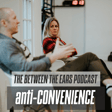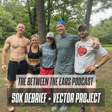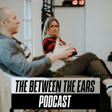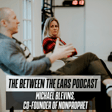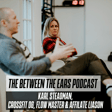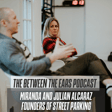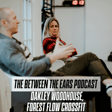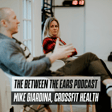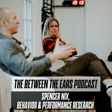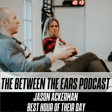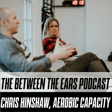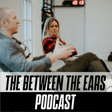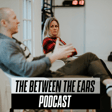
Moving On from BTE.
K and I share the back story of why we are rebranding BTE Fitness to Holotropic Fitness. To go where we are trying to go and move forward with intention, it's important to understand where we are coming from, how we got here, and what we need to let go of.
We are excited to improve how we communicate and present our approach to fitness in a way that guides those who are looking for a comprehensive, non-dogmatic, and effective movement practice.
We share 2 offerings for how people not local to us can learn our approach, get involved, and experience what is 100% a unique approach unlike anything else out there. Our approach is advanced while also being simple and straight forward without any of the hype or nonsense that is rife in the fitness industry.
